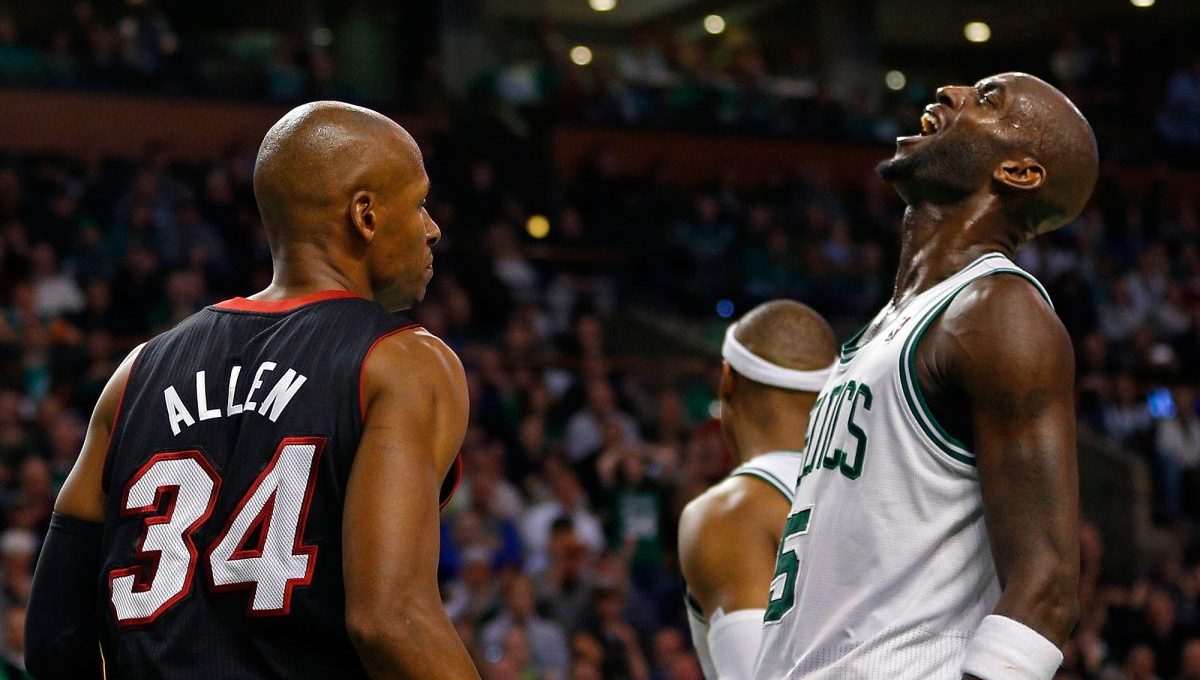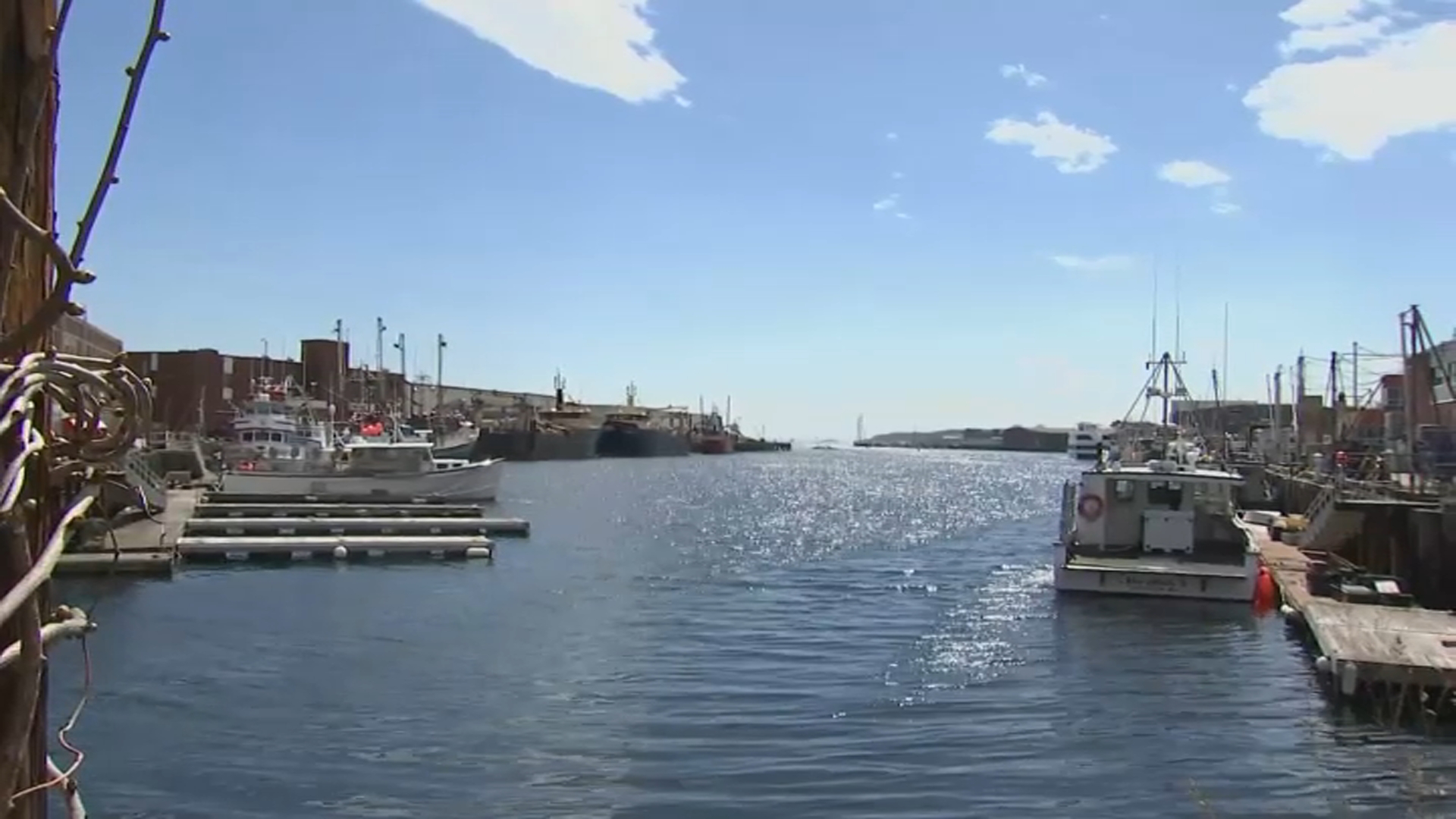A key figure of the child sexual abuse scandal that marred the Catholic Church in Boston has died.
Cardinal Bernard Law, who resigned in disgrace as archbishop in 2002 amid the investigation into the abuse of children in the Boston archdiocese, died at 86, according to a high-ranking source within the Catholic Church. He passed away at a hospital in Rome early Wednesday morning after an illness.
Following his resignation, Law remained with the church. Facing potential criminal charges in the U.S., in 2004, Law was called to Rome and given a parish to lead, which he did until his retirement in 2011.
"The cardinal had many defenders at the time. I think his passing will be greeted, by most people, with a bit of the shrug of the shoulders," Walter Robinson, the former head of the Boston Globe Spotlight team that uncovered the depth of the scandal, told NBC Boston. "The announcement of his death, inevitably, is going to remind people of a terribly horrific, sad moment in the history of the American church, of which he became the emblematic figure."
Law was criticized heavily for protecting priests accused of molesting children. Rev. John Geoghan, ultimately convicted of abusing more than 130 boys, was allowed to transfer to a new parish, the allegations against him and other priests kept in secret files.
The archbishop admitted that he was aware of the allegations aginst Geoghan, but still approved his transfer. He apologized publicly a year later to Geoghan's victims.
Geoghan was removed from the priesthood in 1998. In 2002, he was sentenced to nine to 10 years in prison. One year in, he was murdered behind bars.
Local
In-depth news coverage of the Greater Boston Area.
Before the scandal came to light, Law climbed through the ranks of the church, working across the country. He was born in Mexico in 1931, the son of a U.S. Air Force colonel. He graduated from Harvard University in 1953 with a degree in medieval history.
After being ordained as a priest in 1961, he became involved in civil rights work in Mississippi, landing on a hit list assembled by segregationists. He became a bishop in Missouri in 1973, returning to Boston in 1984 and becoming cardinal the following year.
Information from the Associated Press was used in this report.



